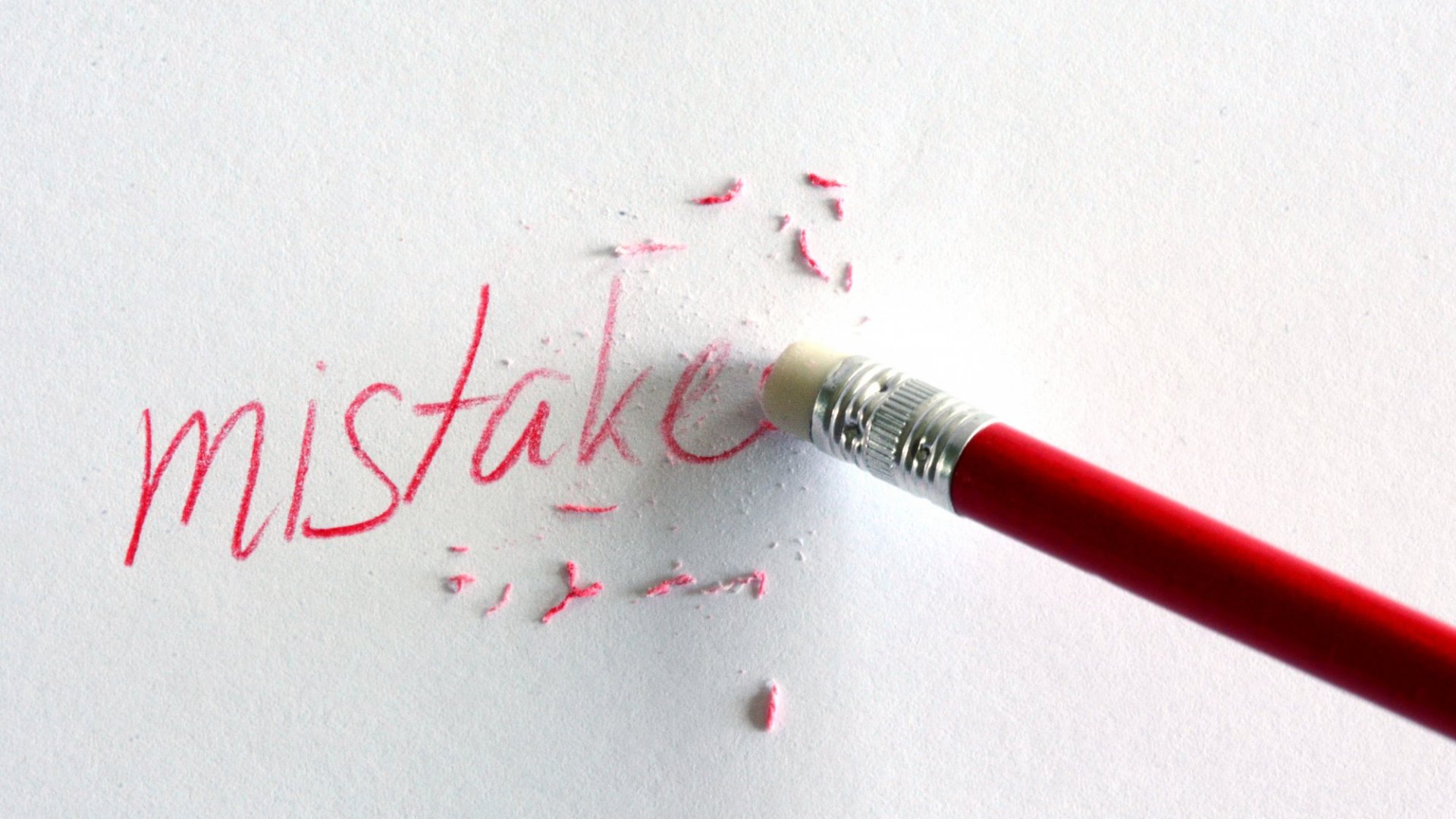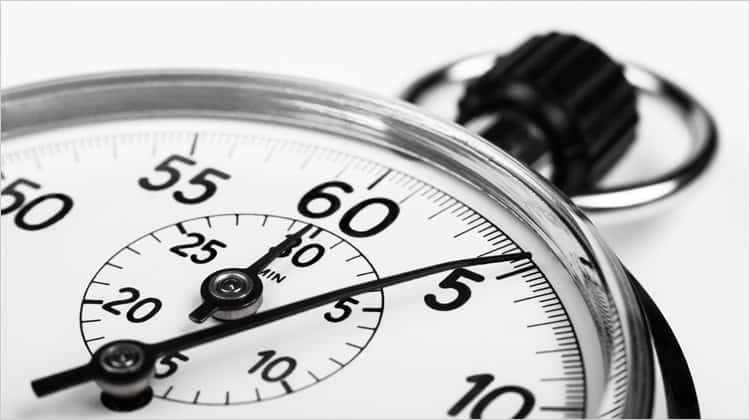
By Tim Middleton
“I collided with a stationary truck coming the other way.” This is just one statement that was submitted on an insurance claim form to explain how the accident happened. Other interesting examples of such claims include, “The other car collided with mine without giving warning of its intentions” and “Coming home I drove into the wrong house and collided with a tree I don’t have.” Regarding pedestrians one driver claimed “The guy was all over the road. I had to swerve a number of times before I hit him” while another stated that “I was sure the old fellow would never make it to the other side of the road when I struck him.”
When we think of cars and we think of accidents, we may well also recall the often-quoted line that, “Children in the back seat cause accidents; accidents in the back seat cause children”. Perhaps each of these claimants above subscribe to the view of Bob Ross, the American artist, who argued that, “We don’t make mistakes. We have happy accidents.” Whether there is a difference is not the issue. We will all no doubt recognise that we all make mistakes, while there are some who promote publicly that “Mistakes are proof you are trying”, so it is fine to make mistakes.
It is a nice line, that : “mistakes are proof you are trying”. It is one way to justify in a helpful and positive way, our failure or inability. It is a way of excusing or disguising a poor performance, as trying is generally something that is to be applauded. At least we tried, even if the end result did not work out as desired. It does not matter that we made a mistake because at least we tried, we claim.
That argument, however, does not stand. It needs to be declared very strongly that mistakes are not necessarily proof we are trying. Furthermore, it needs to be added that trying, while good and honourable (assuming it is genuine), is not enough. We must not be fooled or lulled into a false sense of security in thinking that mistakes are proof we are trying.
Yes, we may make mistakes when we are trying hard to answer a question correctly or to complete a task satisfactorily. However, mistakes are not proof that we were trying. Mistakes are, in truth, more likely to happen when we have been casual in our approach, when we have not taken the matter seriously, when we have not tried (think back seat of the car). A child may rush through his examination putting down the first thought that came into his head, simply to get to the end of the paper, with the vague hope of getting something correct, without checking he has understood what is required of us. Mistakes are more likely to occur when we haphazardly guess the answer.
Mistakes can equally happen when we are uncaring about the result of our efforts, when it does not matter if we get the answer right or wrong. Mistakes are more likely to happen when we are ignorant, when we have not learned or considered all options, all possible answers. Indeed, they are even more likely to happen when we are complacent and rush through challenges thinking we know the correct response. Mistakes are more likely evidence that we arrogantly think we are better than we are. Mistakes are ultimately evidence of our inability to do something correctly. Mistakes can be proof that we have been insensitive to others or to the question. It is most obviously evident too when the child’s response to the mistake is to say, “I didn’t mean it”— after all, if he had tried he would not have made the mistake he meant not to make!
The way that we respond to mistakes may actually be an accident waiting to happen. If we condone mistakes simply because the child allegedly tried, we may well be doing them a disservice. We cannot simply gloss over mistakes and accept that they are evidence of the child trying. We must do all we can to help youngsters endeavour to avoid making any mistake, at all cost. Our greatest mistake may be that we do not help our children by excusing mistakes by claiming they tried.
- Chamisa under fire over US$120K donation
- Mavhunga puts DeMbare into Chibuku quarterfinals
- Pension funds bet on Cabora Bassa oilfields
- Councils defy govt fire tender directive
Keep Reading
Let us be very clear about one thing: children are not mistakes. However, children do make mistakes. Children do not need to prove they are trying; they need to prove they are learning from those mistakes. We need to prepare our youngsters not simply to try but to avoid accidents, not simply in the back seat but when they are the ones in the front seat driving their own lives. People who claim mistakes are proof of trying are themselves trying — very trying! There is no insurance for that.
- Tim Middleton is the executive director of the Association of Trust Schools [ATS]. The views expressed in this article, however, are solely those of the author in his private capacity and do not necessarily represent the views of the ATS. email: [email protected]
- website: www.atschisz










